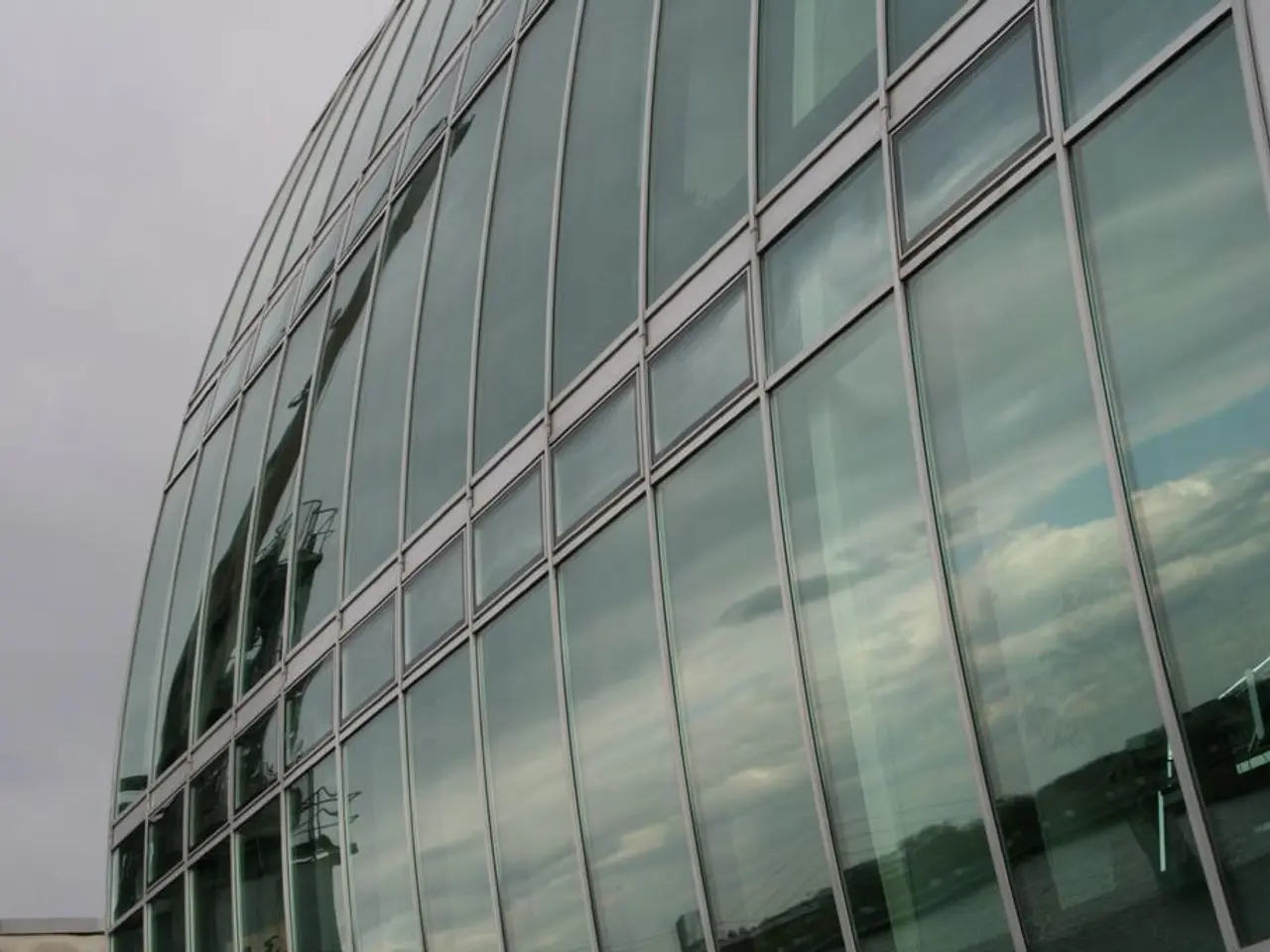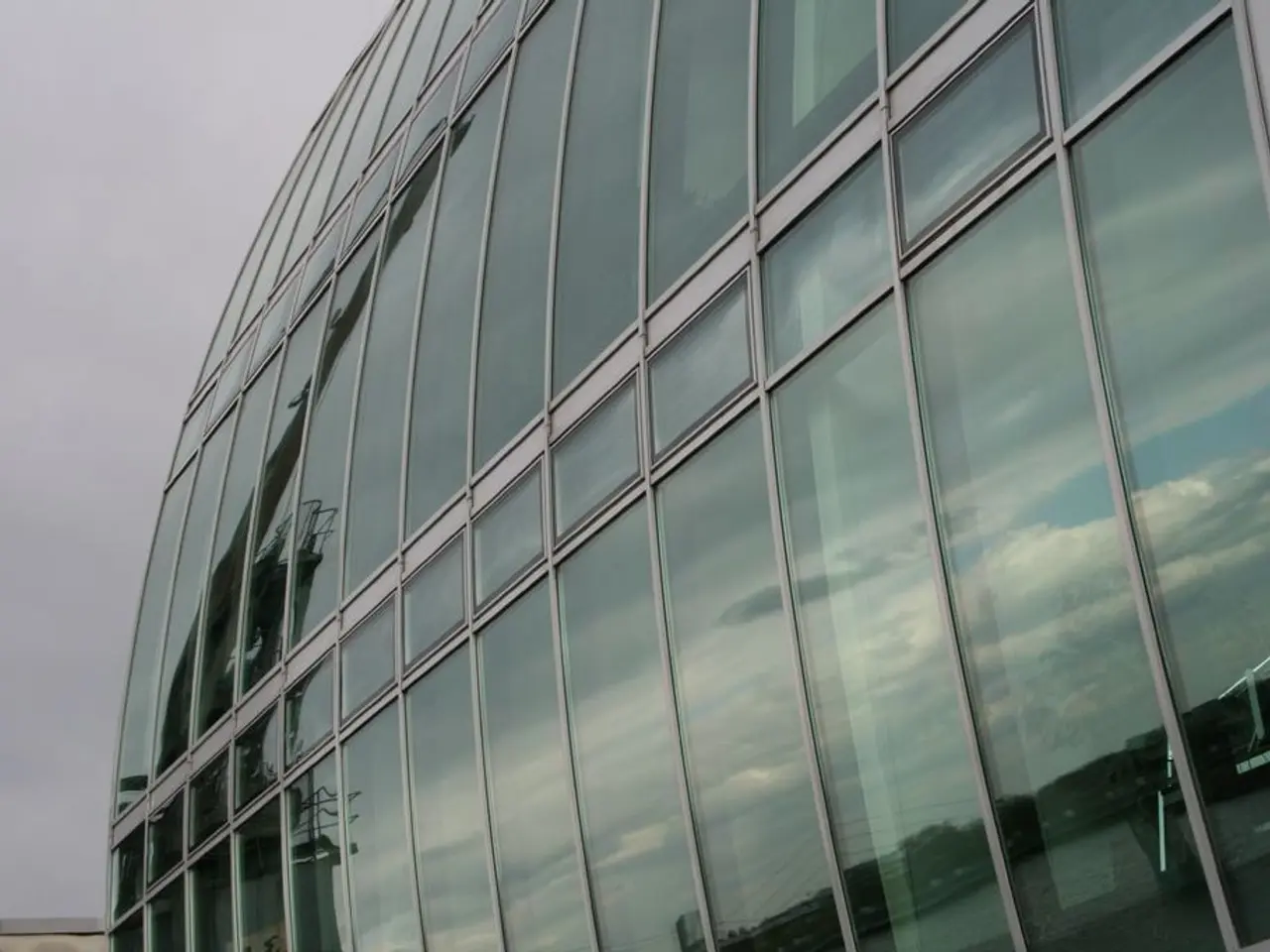Unconventional strategies employed by daring leaders
In the face of unprecedented challenges, leaders are being called upon to display a new kind of courage. According to James R. Detert, in his article "What Courageous Leaders Do Differently" published in the Harvard Business Review (January 2022), this modern leadership emphasizes vulnerability, openness, and a commitment to learning.
Leadership, it seems, is no longer just about holding a position of power. Instead, it's about empowering others, showing care alongside candor, and maintaining clarity and resilience in fast-changing, uncertain environments.
One of the key characteristics of a courageous leader is the ability to embrace vulnerability. This means acknowledging one's own weaknesses and vulnerabilities, and being prepared to learn from others. In a world where resources are often limited, making tough decisions and choosing wisely becomes essential.
Another crucial aspect is fostering an environment where difficult truths are acknowledged and addressed. This involves actively encouraging diverse perspectives and feedback, creating psychological safety so that team members can express concerns without fear of reprisal.
Modern courageous leaders also practice emotional agility. This includes pausing to listen and reflect before responding decisively, recognizing the limits of their own knowledge, and prioritizing trust and empathy over control or certainty.
The last two years have been particularly difficult for leaders, who have had to deal with a talent shortage, redefine company processes, manage epidemics, and cope with ongoing wars. In such times, leaders must have the capability to build for the future during a crisis.
Making the change to agile ways of working is not an easy task for executives, as it requires unlearning traditional ways of thinking. However, many organizations were catalysed into action by the economic upheaval. Leaders who admit their lack of knowledge and work towards finding solutions appear stronger to employees.
Leaders today should demonstrate courageous action by sharing their vulnerabilities and being prepared to learn from others. They should make environments safe for workers, where foolish courage is not required, and they should reward those who try out new ideas and take new initiatives.
Acknowledging mistakes made by leaders can increase their trustworthiness and likeability. Pretending to be fearless or a know-all is not beneficial in an uncertain environment. Leadership is not about winning a popularity contest, but rather leading a team towards a solution and working on behalf of others.
In conclusion, the key to successful leadership today lies in courage, humility, and a commitment to learning. Leaders should display humility and courage, acknowledging their own vulnerabilities and committing to finding solutions. They should build for the future during a crisis, foster an environment of openness and diversity, and make tough decisions when necessary. By doing so, they can forge a new path and lead their teams through the challenges of the modern world.
[1] Detert, J. R. (2022). What Courageous Leaders Do Differently. Harvard Business Review. [3] Zenger, J., & Folkman, J. (2012). The Extraordinary Leader: Turning Good Managers into Great Leaders. Jossey-Bass.
- Leaders today should not only demonstrate humility but also be willing to learn from others in business environments, embracing their vulnerabilities to make tough decisions wisely, as suggested by Detert in his article "What Courageous Leaders Do Differently" published in the Harvard Business Review (January 2022).
- In a world faced with rapid changes and uncertainties, courageous leaders in business take charge by fostering an atmosphere of openness, valuing diverse perspectives, and practicing emotional agility, as detailed by Zenger and Folkman in their book "The Extraordinary Leader: Turning Good Managers into Great Leaders".




